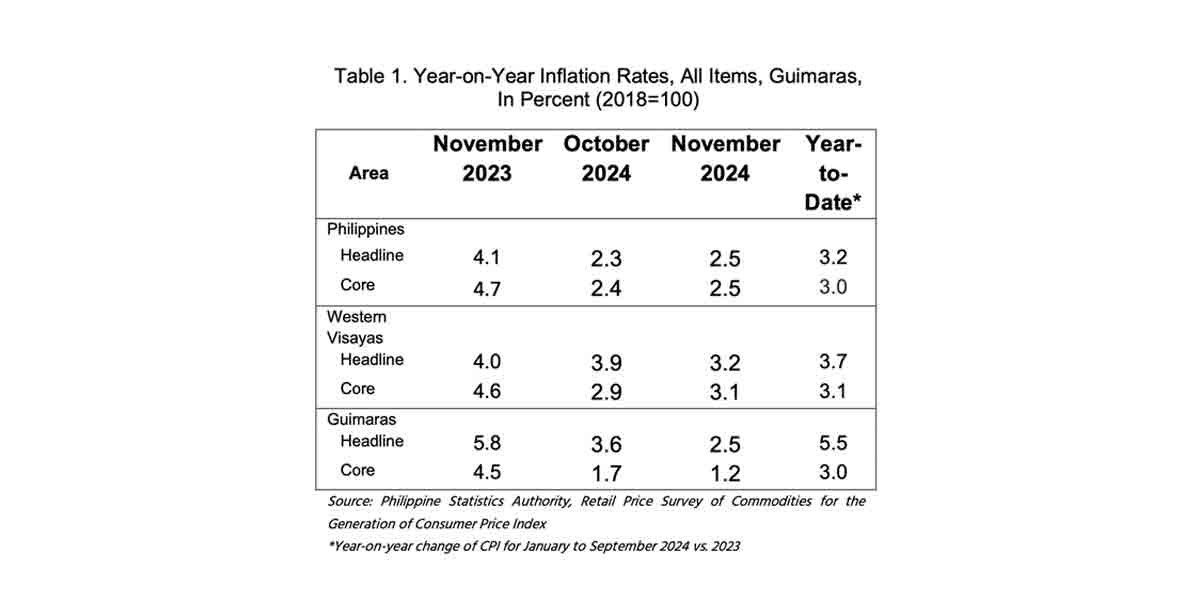By Joseph Bernard A. Marzan
A Quezon City-based policy research center on Saturday, Dec. 28, urged President Ferdinand Marcos Jr. to overhaul the proposed 2025 General Appropriations Act (GAA) due to concerns over budget misallocations.
In an open letter, the International Center for Innovation, Transformation, and Excellence in Governance (INCITEGov), represented by former senior government officials and leaders from past administrations, expressed being “deeply troubled” by the alleged misallocations.
They commended Marcos Jr.’s intent to veto certain provisions of the current GAA but said such actions would not fully address the issues arising from items already removed.
The final version of the budget reportedly excluded support for critical state entities, including PHP 69 billion from the Philippine Health Insurance Corporation (PhilHealth).
This comes amidst controversies surrounding the return of funds to the National Treasury this year, such as PHP 60 billion from PhilHealth and PHP 117 billion from the Philippine Deposit Insurance Corporation.
Although the Department of Health assured that PhilHealth could sustain operations through 2025 with its PHP 271-billion Corporate Operating Budget, experts cautioned that this might be insufficient for the state-run health insurance provider.
“While we commend President Ferdinand Marcos Jr.’s good intentions for the 2025 GAA, we are deeply troubled by the gross misallocations in the final version of the budget as approved by Congress. We are concerned that line-item vetoes will not suffice to rectify the problematic priorities embedded in next year’s budget,” INCITEGov wrote.
The group urged a comprehensive overhaul of the proposed budget, emphasizing the need to restore funds that were removed during the bicameral conference on the 2025 GAA.
“We urgently appeal to President Marcos and our legislators to revamp the proposed budget and restore funds unjustly removed from vital sectors such as health, education, agriculture, social protection, transportation, and climate change adaptability,” the letter read.
INCITEGov stressed that allocating adequate resources to these sectors is both a moral obligation and a strategic necessity for achieving long-term economic growth and sustainability.
The group also criticized several infrastructure project allocations under “unprogrammed appropriations,” which lack definite funding sources. They referred to these as “pork barrel” projects.
A 2012 Department of Budget and Management upload defines unprogrammed appropriations as funds that provide standby authority to finance priority projects only when revenue collections exceed targets or when additional grants or foreign funds become available.
The Supreme Court declared pork barrel appropriations, such as the Priority Development Assistance Fund (PDAF), unconstitutional in the 2013 case Belgica vs. Ochoa.
“Several key infrastructure projects, including those under Build Better More, are inexplicably included in unprogrammed appropriations. This could lead to delays in their implementation, adversely affecting Filipinos,” the group noted.
They further argued that substantial allocations for certain Department of Public Works and Highways (DPWH) projects appear to be pork barrel in nature, prioritizing infrastructure at the expense of essential public services.
Prominent signatories of the letter include former DBM Secretary Florencio Abad, former Presidential Management Staff Secretary Julia Abad, former Commission on Higher Education Chairperson Patricia Licuanan, and former Tourism Secretary Alberto Lim, among others.






















